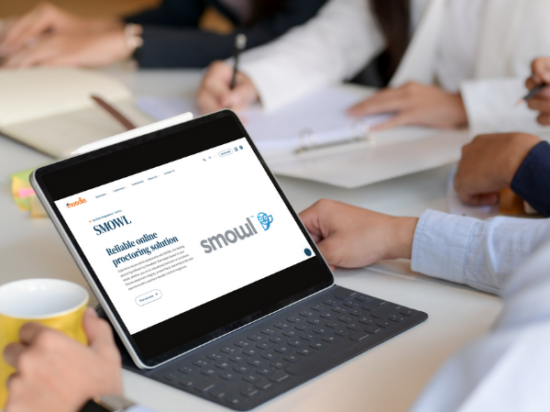Founded in 1998, the Japanese Association for Emergency Nursing stands as a pivotal organisation within the field of emergency nursing. With 3,568 individual members, the association plays a crucial role in advancing, developing, and disseminating emergency nursing practices. Their overarching goal is to contribute significantly to the health, medical care, and overall welfare of the nation.
The association employs a multifaceted approach to achieve its mission, conducting academic conferences, publishing journals, books, and research materials, and actively engaging in emergency nursing research and educational training. By collaborating with both domestic and foreign organisations, the association aims to tackle emergency nursing challenges with a global perspective.
Challenge: Adapting to eLearning in the absence of a pre-existing platform
The Japanese Association for Emergency Nursing faced a challenge when the COVID-19 pandemic led to the cancellation of in-person seminars. Prior to the pandemic, the association did not have a learning platform in use. The absence of a pre-existing learning platform posed a hurdle as the organisation needed to swiftly transition to eLearning to adapt to the new circumstances.
The sudden shift to remote learning, prompted by the need to replace traditional in-person seminars, highlighted the critical need for a suitable learning solution that could enable education to continue seamlessly in an online format.
Solution: Seamless integration with Moodle LMS
The association has been using Moodle LMS, which caters to nurses and university instructors by facilitating education and training in the rapidly changing field of emergency nursing. Due to the COVID-19 pandemic, they had to use Moodle LMS to conduct their seminars and conferences online.
The decision to use Moodle during the pandemic was influenced by the teachers’ familiarity with the platform, as they were using it to conduct classes online, and the director’s personal experience with it.
Moodle’s open-source nature acted as a key factor, offering the flexibility for various customisations to align with the association’s unique requirements. To ensure a seamless implementation and support, the association collaborated with a Moodle Certified Partner, Human Science, after a thorough evaluation and comparison of multiple companies based on performance surveys and cost considerations.
Moodle LMS was chosen over other alternatives due to its familiarity, customisation capabilities, and cost-effectiveness related to its installation and operation.
Result: Higher completion rate and more efficient administrative tasks
Switching to Moodle LMS helped the Japanese Association for Emergency Nursing cope with cancelled in-person classes during the pandemic. Moodle’s adaptability is evident as more people participate in online learning. The platform boosted course completion rates from 60% to around 80%, marking a significant improvement. This improvement translates to various benefits for the organisation, such as enhanced skills and knowledge among its members, potentially leading to improved patient care and outcomes.
Moodle LMS also helped streamline administrative tasks. Collaborating with Human Science, the association integrated Moodle LMS to facilitate the seamless migration of user and application information to the LMS, eliminating the necessity for manual data entry and substantially diminishing administrative workload. The learning history was also successfully transferred to the portal site, enabling the convenient monitoring of student course completion status. The solution not only saved time but also made the whole process more cost-effective, highlighting Moodle’s positive impact on the association’s education initiatives.
Conclusion
Looking ahead, the Japanese Association for Emergency Nursing is poised for dynamic growth and evolution in its educational initiatives. The organisation is committed to expanding its course offerings by embracing blended learning as a fundamental approach.
Reflecting on past endeavours, the association’s proactive measures include the formation of subcommittees dedicated to mastering Moodle, resulting in a tangible increase in the number of courses offered.
Find out more about Moodle Certified Partner, Human Science.



